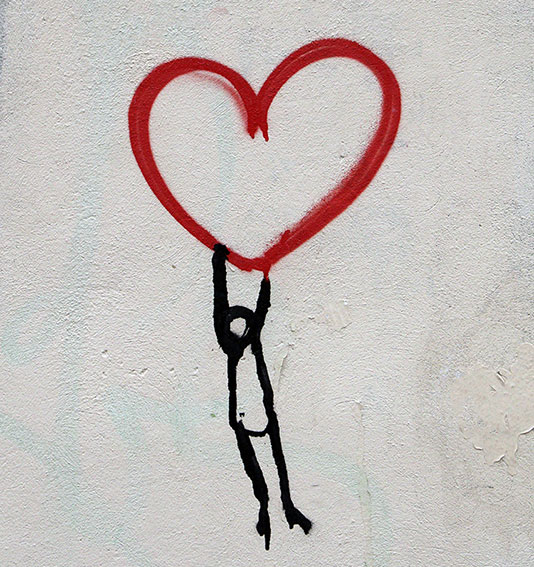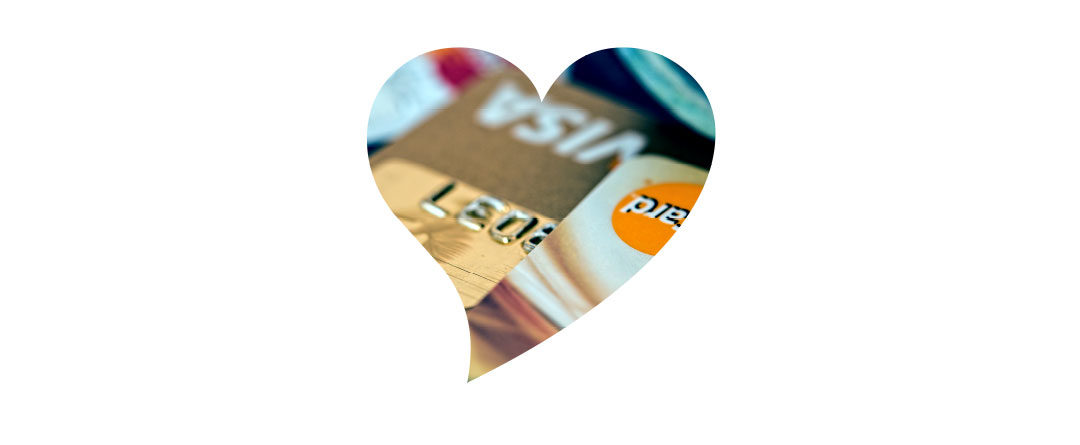by Rozella Haydée White
We talk about debt in the same ways we talk about sex. We either don’t talk about it at all, or we relegate it to hushed corners of shame. Debt and sex are two things that most people in this country have, yet the church rarely creates space to discuss them.
I am fascinated by what we don’t speak about in public or “mixed” company. Family members might want to discuss debt and sex, but they don’t because of their ignorance about money management or sexual intimacy.
Debt is something I am oh-so-familiar with as a 38-year-old divorced woman with multiple degrees from institutions of higher learning. I am also a single Black Puerto-Rican woman, one who is the first generation removed from poverty that plagues so many Black and Brown families in the United States.
Wealth inequality is real. People of color historically lacked access to education and opportunities to flourish materially. That creates more than a wealth gap. It also creates a gap in knowledge about how to acquire and manage financial resources.
 The pressure to live above one’s means in American society is usual. In my travels to other countries, I notice many structures that are in various stages of completion, including houses, city infrastructure and community buildings.
The pressure to live above one’s means in American society is usual. In my travels to other countries, I notice many structures that are in various stages of completion, including houses, city infrastructure and community buildings.
Many look as if they’ve been abandoned. But when I ask the locals about the seemingly vacant buildings, I often hear the same story. These buildings go up using cash on hand to pay for materials and labor. Credit is not king in many other countries. People only get/build/buy what they can afford.
Anyone from the United States knows this is not how our society operates. I would venture to guess that the underlying current of greed, individualism, and love of all that is material has led us to be a credit-based society.
Marketers continually promote the idea that people need more: stuff, time, youth, you name it. And these needs cost money.
When we believe the lie that we are not enough, we go into debt in so many ways. And debt is costly – financially, emotionally, mentally, physically and spiritually.
And shame about debt can wreak havoc in our lives. In a country where money matters more than people, it’s no wonder so many of us are working our butts off to make it.
When work disappoints us, we resort to acquiring things, status, and experiences, which often leads to debt, then shame.
So, what are we to do? I have found that it’s helpful to begin with some truths.
First, let’s recognize that most of us experience debt.
Second, let’s believe that our debt does not reflect, impact or negate our worthiness.
Third, let’s lean on the story of our faith to reclaim who we are and whose we are. With this knowledge, we can combat the lies that would have us believe we don’t have enough.
 One of my favorite texts that brings me back to myself and my God is 2 Corinthians 4. This entire chapter reminds us that we have everything we need to face the struggles of our lives. It also reminds us that the present hard moments are not everlasting. I especially turn to verses 16-18 when I doubt my worth and feel mired in shame.
One of my favorite texts that brings me back to myself and my God is 2 Corinthians 4. This entire chapter reminds us that we have everything we need to face the struggles of our lives. It also reminds us that the present hard moments are not everlasting. I especially turn to verses 16-18 when I doubt my worth and feel mired in shame.
“So, we do not lose heart. Even though our outer nature is wasting away, our inner nature is being renewed day by day. For this slight momentary affliction is preparing us for an eternal weight of glory beyond all measure, because we look not at what can be seen but at what cannot be seen; for what can be seen is temporary, but what cannot be seen is eternal.”
We do not lose heart. Though outwardly, we are wasting away. Inwardly we are renewed day by day. Our light and momentary troubles are achieving for us an eternal glory that far outweighs them all. We fix our eyes not on what is seen but on what is unseen. What is seen is temporary, but what is unseen is eternal.
I believe that one of our most sacred calls as people of faith is to eradicate shame with the power of the Holy Spirit. We do this in every area of our life when we look to God, our faith, our traditions, and each other to bring us back to center and back to wholeness.
In my own life, there is some debt that I will most likely carry with me to my grave. I’ve come to terms with this reality. However, I wholeheartedly reject that this debt has any significant bearing on my personhood. And I refuse to be ashamed.
Discussion questions:
1. What is your story of money and debt? What messages were communicated to you about money and debt?
2. How might communities of faith create spaces for people to address their money and debt stories?
3. What stories, texts, rituals, or traditions from your faith remind you of your worthiness?
Closing prayer:
God, remind us that we have enough. At every turn. When each day begins, with the people we love. Remind us that we are enough. Help us to shed the shame that pervades our being so that we can lean into your abundance. Remind us that we are not defined by our debt and even as we struggle to ditch the debt, help us to ditch the shame. Amen.
 Rozella Haydée White is the owner of RHW Consulting, which accompanies people as they restore their hearts to wholeness, create a meaningful life, and thrive. Rozella is a public theologian, spiritual life coach, leadership consultant, inspirational speaker and writer focused on nurturing life-giving love in this world. She engages issues of faith, justice, self-awareness and love, mental illness, and the radical and transformative love of God as embodied in the person of Jesus. Her latest book, ‘Love Big: The Power of Revolutionary Relationships to Heal the World’ is available wherever books are sold.
Rozella Haydée White is the owner of RHW Consulting, which accompanies people as they restore their hearts to wholeness, create a meaningful life, and thrive. Rozella is a public theologian, spiritual life coach, leadership consultant, inspirational speaker and writer focused on nurturing life-giving love in this world. She engages issues of faith, justice, self-awareness and love, mental illness, and the radical and transformative love of God as embodied in the person of Jesus. Her latest book, ‘Love Big: The Power of Revolutionary Relationships to Heal the World’ is available wherever books are sold.


Thank you for this beautiful article. I could feel the shame lifting as I continued reading. It’s just what I needed today. I will seriously consider the discussion questions and continue praying for guidance as I navigate these turbulent waters.